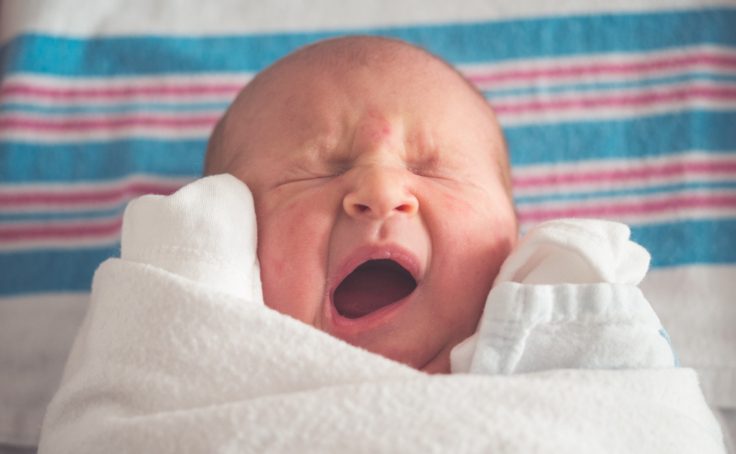Does experience change the actual structure of the brain?

Key Takeaways
- Brain development is “activity-dependent”
Understanding Experience-Driven Neural Development in Babies
Early experiences play a pivotal role in shaping the neural architecture of infants' brains. This process, known as experience-dependent plasticity, highlights how interactions with the environment influence the formation and refinement of neural circuits.
The Activity-Dependent Nature of Neural Development
Neural development in babies is fundamentally “activity-dependent.” Every sensory, motor, emotional, and cognitive experience activates specific neural pathways, strengthening those that are frequently engaged. Conversely, pathways that are seldom used may be pruned away, enhancing the efficiency of the brain’s processing capabilities. This dynamic process ensures that the brain adapts to its unique environment, optimizing functionality based on individual experiences.
The Role of Synaptic Pruning in Pediatric Neuroscience
In pediatric neuroscience, synaptic pruning is recognized as a vital mechanism in brain maturation. While the elimination of unused neural connections might seem counterintuitive, it serves to streamline neural processing. By removing redundant synapses, the brain enhances its ability to perform complex tasks such as walking, talking, and interpreting sensory information. This refinement process is crucial during early developmental stages, laying the groundwork for future cognitive and motor skills.
Implications for Early Childhood Development
Understanding the principles of activity-dependent neural development underscores the importance of providing enriching experiences during infancy. Engaging babies in diverse sensory and social interactions fosters robust neural connections, promoting healthy brain development. Caregivers and educators can support this process by creating stimulating environments that encourage exploration and learning, thereby positively influencing the trajectory of a child’s neural and cognitive growth.
In summary, the interplay between experience and neural development in babies is a cornerstone of pediatric neuroscience. By acknowledging and facilitating this relationship, we can better support the developmental needs of infants, ensuring a strong foundation for their future learning and well-being.

